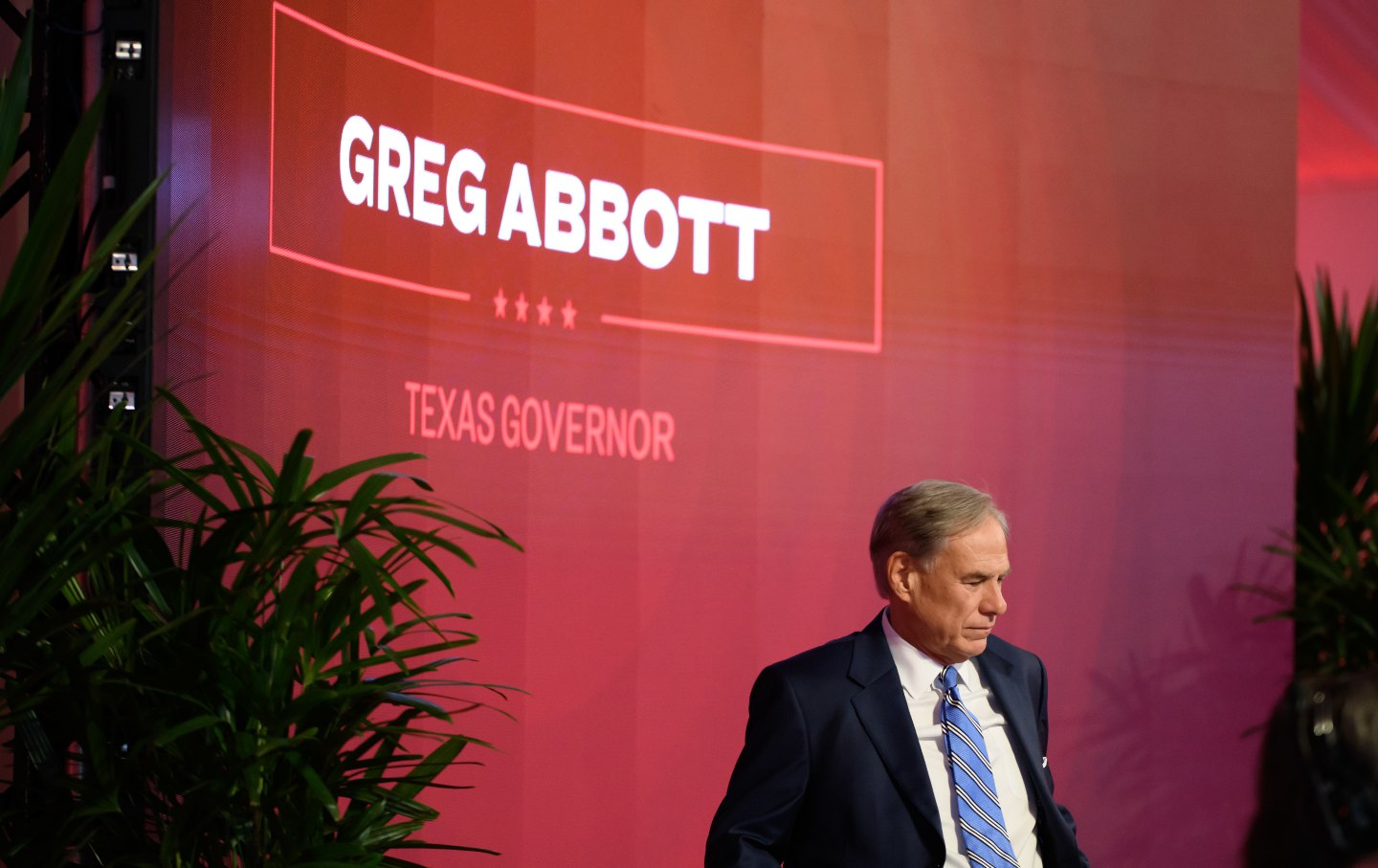October 31, 2025
Texas Republicans Are Doubling Down on Banning Capital Gains Taxes
By Nic Wong
If passed, the constitutional amendment would lock out a potential source of future state funding and disproportionately benefit wealthy households.

In Texas, 17 constitutional amendments will be up for a vote this November, on issues from bail reform to funding for dementia prevention. But the majority of the proposed measures concern tax rights, bans, and exemptions. Among them is Proposition 2, which calls to “Prohibit Capital Gains Tax on Individuals, Estates, and Trusts.”
If passed, the state of Texas would not be able to collect taxes on both “realized and unrealized capital gains,” meaning profits generated from selling or holding an investment—including stocks, bonds, real estate and personal vehicles. Though there has been no polling on the issue, voters in the state are likely to pass Prop 2. Since 1993, the state has proposed three tax bans, and all three have been approved by voters. Under the 2019 income tax ballot proposal, capital gains taxes were already effectively banned, and in 2023, voters in Texas approved a ban on a “wealth tax” with nearly 68 percent of the vote.
In a video from May, Texas Governor Greg Abbott was eager to sign a joint resolution that would allow voters to “ensure that we are not going to have a capital gains tax on Texans in the state of Texas.” He later shared that it is “an extension of our collective disdain in Texas for any type of tax.”


